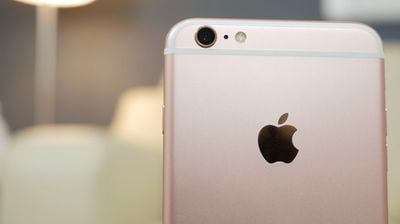A court in British Columbia, Canada today approved Apple's settlement related to the iPhone battery throttling controversy in 2018, according to CBC News.

Apple agreed to pay up to $14.4 million (CAD) to settle a class action lawsuit in Canada that alleged the company secretly throttled the performance of some iPhone models. Each affected customer who submits a claim will receive a payment of between $17.50 and $150 (CAD) from Apple, with the exact payout amount to be dependent on the total number of claims submitted. More information on how to submit a claim will be shared on the settlement website, but a specific timeframe has yet to be provided.
The class includes any current or former resident of Canada (excluding Quebec) who owned and/or purchased an iPhone 6, iPhone 6 Plus, iPhone 6s, iPhone 6s Plus, and/or iPhone SE with iOS 10.2.1 or later installed or downloaded, and/or an iPhone 7 or iPhone 7 Plus with iOS 11.2 or later installed or downloaded, before December 21, 2017. A serial number will be required for each affected iPhone, according to CBC News.
Apple has denied the allegations described in the lawsuit, and the settlement does not represent an admission of fault. The settlement allows for Apple to avoid the additional time and costs involved with continued litigation.
Apple was sued in multiple Canadian provinces over iPhone battery throttling in 2018, including Alberta, British Columbia, Ontario, and Saskatchewan. The cases were filed shortly after Apple revealed that it had started throttling the maximum performance of some iPhone models with "chemically aged" batteries, when necessary, to prevent the devices from unexpectedly shutting down. Apple introduced this new power management system in iOS 10.2.1, but it initially failed to mention the change in that update's release notes, leading to public outcry. Apple eventually apologized about its lack of transparency, and temporarily lowered the price of iPhone battery replacements to $29 (USD) until the end of 2018.
Apple agreed to pay up to $500 million (USD) to settle a similar class action lawsuit in the U.S., and payments started going out in January there.























